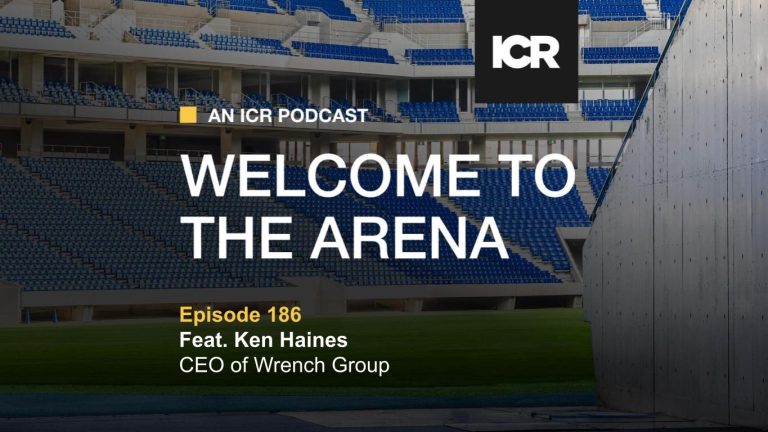The restaurant industry has faced numerous challenges over the past few years, with COVID-19 probably being the biggest. While the pandemic is mostly behind us, some of these challenges remain, like labor shortages and supply chain issues.
Despite the challenges, there appears to be a bright future for the restaurant industry heading into 2023. Two restaurant CEOs discussed the industry’s 2023 outlook at this year’s ICR conference.
People, Talent and Culture
The importance of people, talent and culture in a successful restaurant business was a common theme from both CEOs. “From the very beginning in 1992, our company has been about our employees and our culture,” said Joth Ricci, the CEO of Dutch Bros., a chain of drive-through coffee shops with 671 locations in 14 states. “It has been about the development of people and building strong people systems.”
An employee-first focus and great culture aren’t something you can just make up or decide you’re going to implement tomorrow, said Ricci. “It has to be built into the DNA of who you are as a company. It has to be integrated into everything you do every day. I think people understand what’s authentic and what’s inauthentic.”
John Dikos, the CEO of Killer Burger, a chain of 20 gourmet hamburger restaurants in the Pacific Northwest, said his company operates on the philosophy of autonomy with limits. “Whether they’re working the register or the grill, our employees want a little more autonomy when it comes to how they do what they need to do. For example, we don’t script team members on exactly what to say to guests. We let them bring this to life in an authentic way. We give them autonomy with some limits around it.”
At Dutch Bros., employees are empowered to make the decision they feel they need to make to take care of the customer. “For example, there are a lot of little things employees can do at the window to make sure the customer has a great experience,” said Ricci. “We empower employees to do these things.
“We also try to make sure that work stays interesting and enticing and that it’s fast-paced,” said Ricci. “So we move employees through every job on a shift so their work experience stays fresh and interesting.”
The Role of Restaurant Technology
Technology is a big part of the restaurant industry today. Ricci and Dikos talked about the different ways that technology is building into their strategy and growth plans.
“We recently implemented the Toast POS platform and POS system, which we’re fond of,” said Dikos. “We are also using analytical models to help with site selection for new restaurants and predictability of performance. And we’re bringing on the Restaurant365 platform and installing a number of those modules.”
Ricci said that Dutch Bros. is talking about expanding to 4,000 locations over the next decade, which makes site selection critical. “There’s some amazing technology out there to evaluate white space and help you predict your modeling and think about where you want to go,” he said. “It will help us speed up our decision making as it relates to new locations and real estate development.”
Aggressive Growth Plans
Both Dutch Bros. and Killer Burger have aggressive growth plans. “Our ability to scale and grow to get to 4,000 units is very much predicated on having enough people who are ready to be leaders in new locations,” said Ricci. “If we don’t, we will pull back to match up our growth plans with leadership. We all know in this business that if you don’t have the right people, you’re not going to get it done.”
Killer Burger plans to double its store growth from three to six new restaurants this year. “It’s a combination of having the right tenured people who can lead the new store openings along with leaders who are experienced,” said Dikos.
So what are some things that keep these restaurant CEOs awake at night? And what are they most excited about as they look ahead to the new year?
“For me, it’s always about our people,” said Ricci. “Are we going to be able to attract, develop, grow and manage our people system? Because at the end of the day, you have to have the systems in place to be able to manage all the things that come with this.”
Dikos also stressed the people part of the restaurant business. “I love seeing employees hit a new trajectory and helping them imagine and envision their futures being far brighter than they initially thought,” he said. “This never gets old.”
Read more about what lies ahead for the restaurant industry on the ICR Insights blog.



